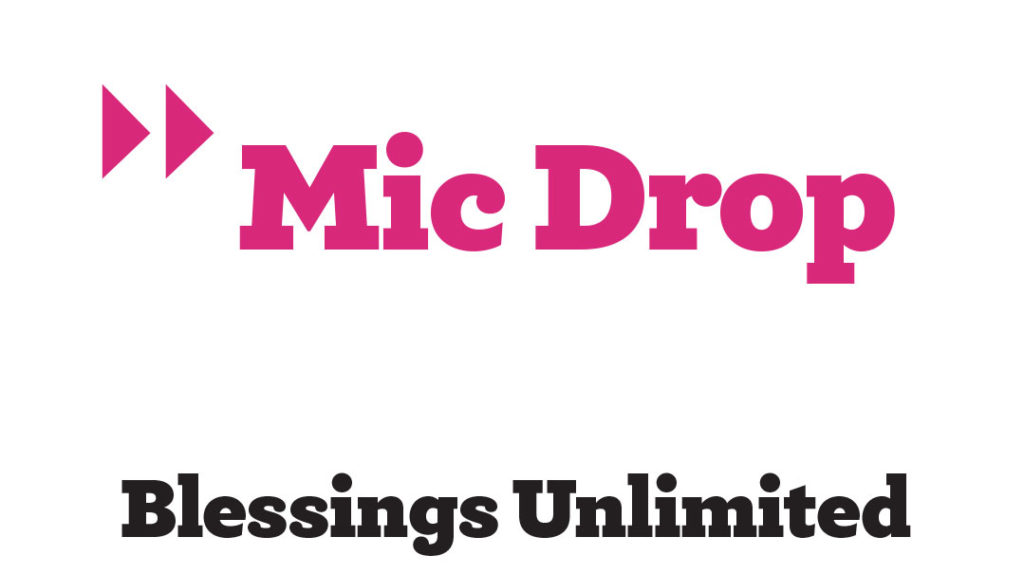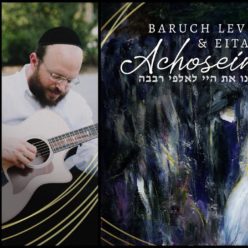A special brachah for the kallah at any time, but especially in the context of today’s weddings, there’s another layer
EITAN KATZ says the new pre-chuppah badeken song “ACHOSIENU” (“Achoseinu, at hayi le’alfei revavah”), which he just released together with Baruch Levine, fell into his lap unexpectedly. “I got an interesting phone call from Rabbi Eliezer Chait, a yungerman who’s written several niggunim over the years, about a song he’d written at the behest of his rosh yeshivah, Rav Dovid Feinstein, of Mesivta Tiferes Yerushalayim. About two decades ago, Rav Dovid had asked him to compose a niggun for these words, but it just never “went.” Finally, a niggun emerged: Together with some musical tweaking by his son Dovid, Rabbi Chait had accomplished the task, and asked me to arrange and perform the song.”
The words that had become so important to Rav Feinstein are those with which a kallah is traditionally blessed before her chuppah. “Achoseinu, at hayi le’alfei revavah — our sister, may you be [the mother of] thousands and tens of thousands” was Lavan’s farewell to Rivka Imeinu when she left Charan to marry Yitzchak Avinu. The long-standing custom for brothers and relatives of the kallah to offer this brachah after the badeken — a minhag brought down in many seforim — has fallen by the wayside in some circles, and the Rosh Yeshivah felt compelled to revive it with a fitting niggun.
Eitan says he felt honored for the opportunity to fulfill the Rosh Yeshivah’s wish. Meanwhile, Rabbi Chait had also contacted Baruch Levine, and the resulting single became the first recorded duet between the two.
“Baruch and I are friends and share a lot of passion, but this is the first time we’ve collaborated on a song,” says Eitan. “And it’s a special Hashgachah that we released it at a time when weddings are so drastically scaled down. This is a special brachah for the kallah at any time, but especially in the context of today’s weddings, there’s another layer that seems to say, ‘your future is not reflected in the outer trapping of this chasunah — it’s expansive and unlimited.’ ”
(Originally featured in Mishpacha, Issue 825)



